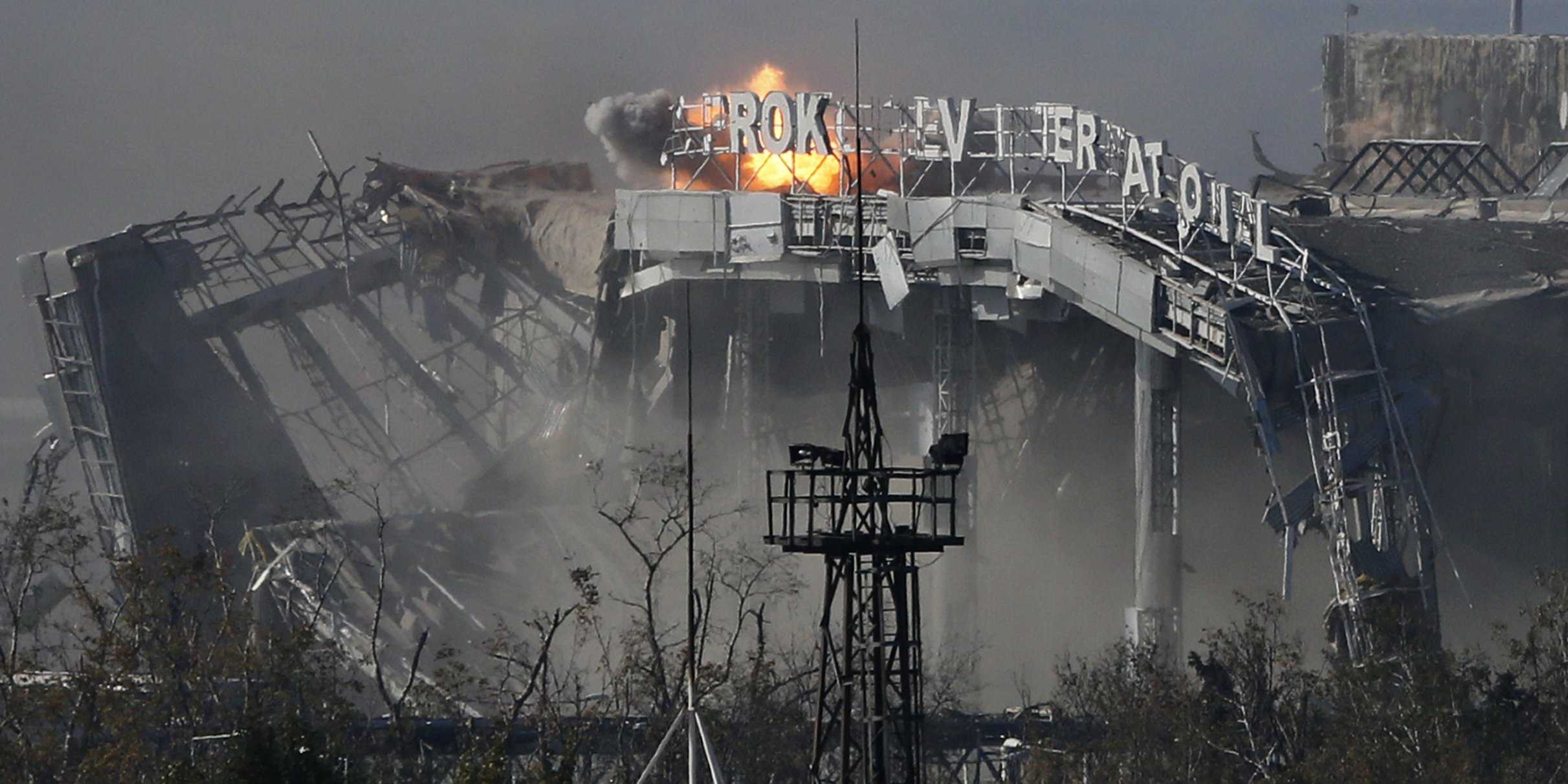February 23 was an ordinary workday for the thousands of employees on two very different facilities: Chornobayivka chicken farm near Kherson and Azovstal, a giant steel mill in Mariupol. Now, after two months of the war, they are equally jobless due to the destruction of both enterprises: either by a Russian blockade or endless airstrikes.
As well as dairy farms in Chernihiv and Kharkiv oblasts, an oil refinery in Kremenchuk, a grain elevator in Mykolaiv, food storage in Brovary, plants, and land farms across the country – Russians are intentionally ruining the Ukrainian economy.
Having failed to seize Kyiv, they plan to "bomb Ukraine into the rubble." So far, they failed – but the side effects of this total war can produce a new wave of hunger worldwide. An economic crisis will follow.
Ukraine feeds hundreds of millions of people. War stopped this
Dubbed the "breadbasket of Europe," the country was as important in the food market as the Gulf States on oil is.
As of 2019-2020, Ukraine became the world's second-largest exporter of grain. In 2021, agricultural exports increased by 25%. Wheat, barley, corn, other cereals, and vegetable oil are the key Ukrainian goods. The country is also the world's fifth-largest exporter of chicken. It's cheap and therefore provides affordable meat.
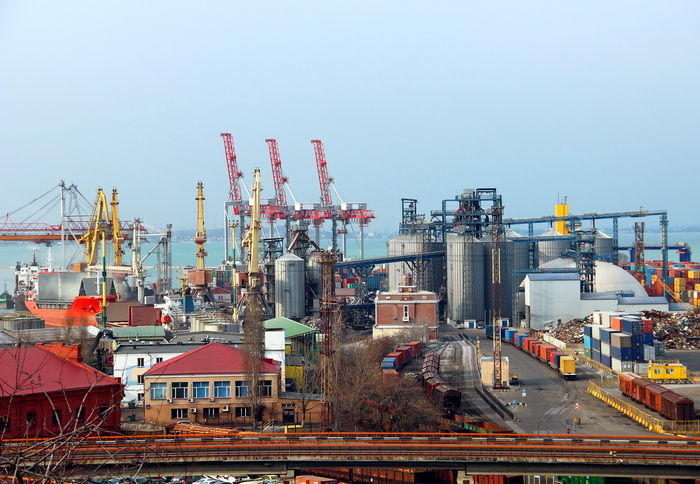
And due to Ukrainian access to the seas, local goods were sold worldwide: from the EU to Indonesia, Egypt, China, and Pakistan. Egypt buys more than 20% of its wheat from Ukraine, for Lebanon, this figure reaches 80%. In China, the world's second-most populous country, more than 50% of corn and sunflower oil were of Ukrainian origin.
According to the Institute of Agrarian Economics, the majority of goods went to Asia, Africa, and the EU.
And for the same reason, buyers now risk being left without Ukrainian food products. The Russian army has blocked Ukrainian ports since the beginning of the war, although they have no military significance. They destroyed the city of Mariupol, captured Berdiansk, shelled Mykolayiv and Odesa, and blocked the Black Sea for merchant's vessels.

According to the Center for Economic Strategy, agricultural exports decreased by 8-10 times. Ukrainian authorities and manufacturers are changing trying to export by rail, but it could take up to three years.
"We have corn, wheat, and oil. Russian ships shooting merchant's vessels is the obstacle to export ... Only normal peaceful trade can save the world from the current food crisis," said Taras Kachka, Deputy Minister of Economy of Ukraine.
The Russian army is also trying to jeopardize the future harvest which is sowed right now. First of all, farmers need fuel for tractors, but the aggressors are systematically destroying oil terminals across the country. While retreating, they are shelling farms and stealing equipment from them. Almost half of the country's territory needs to be surveyed because of mining.
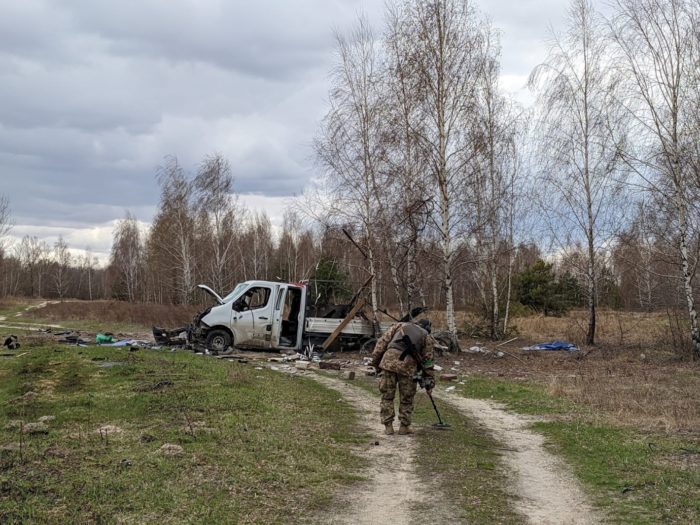
Farmers waiting for military engineers and working in bulletproof vests – now it is a typical picture of the Ukrainian North. But they still have better chances than their colleagues from the Donetsk, Kherson, or Kharkiv oblasts where fighting is going on.
According to the UN Humanitarian Office, up to 30% of Ukrainian lands will not be sown due to the war.
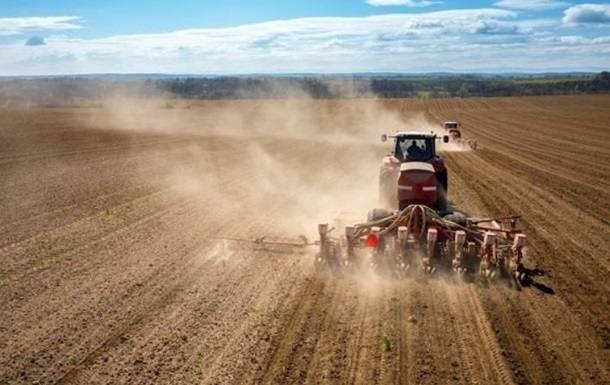
The world will face a food crisis affecting every fifth inhabitant of the Earth
While ports are blocked and farmlands turned into battlefields, WTO Director-General Ngozi Okonjo-Iweala warns about risks to food security, for poor countries especially. Obviously, grain can be bought elsewhere, but shortages and higher prices mean it would be less food for the same $1000 than a year ago.
Citizens of Egypt or Kenya may live far from Odesa but will pay more in their food stores. According to the UN Food and Agriculture Organization, as of March, prices for grain, vegetable oils, and meat rose to the highest level during the observation period (by more than 34% per year). Egypt, Tunisia, and Morocco have already felt the effects and are preparing for a more serious crisis.
Famine may not overcome whole countries immediately, but for less affluent citizens, rising food prices could mean empty plates, which may become a regionwide problem. In the past, Egyptians and Sudanese, unable to buy basic food, staged bread street riots. In the crisis-hit Lebanon, many are already fed by volunteers.
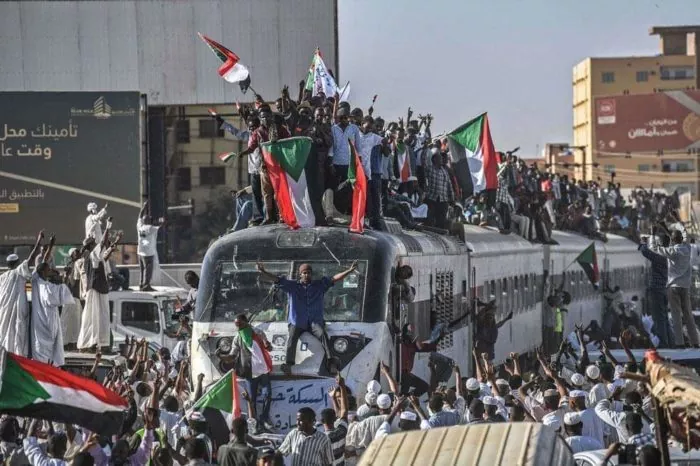
"The war in Ukraine can throw more than 1/5 of humanity into poverty, destitution, and hunger on a scale not seen in decades," says UN Secretary-General Antonio Guterres. Experts mark North Africa and the Middle East, the Sahel region, and East Africa as the main endangered regions. According to analyst Andriy Yarmak, an additional 700 million people will be on a brink of starvation.
The situation is complicated by Russia, also a major grain producer and competitor of Ukraine. According to the German trader company BayWa, exports from this country were "very limited" as of March (while many countries relied on it before). Taras Kachka calls it an "extortion and pumping of the last money from Egyptians and others” by Russia.
Wealthy countries will have the usual amount of food, but it will be more expensive since the grain market is global.
New challenges await the world: from steel to transport
Steel is another commodity unseen by ordinary citizens but used in the car industry to housing. And again, Ukraine is a heavyweight in the industry exporting goods worth $15.98 billion, being one of the top-6 suppliers to the EU as of 2020, and providing raw materials.
Three weeks after the start of the war, Giuseppe Pasini, head of Italian manufacturer Feralpi Group was already saying that "A new perfect storm is raging."
Because the Ukrainian industry is the other casualty of war, the giant factories of Azovmash and MMK in Mariupol were destroyed by the invaders. Factories in Zaporizhzhia and Kryvyi Rih may also find themselves in a war zone. And exports are stopped through closed ports.
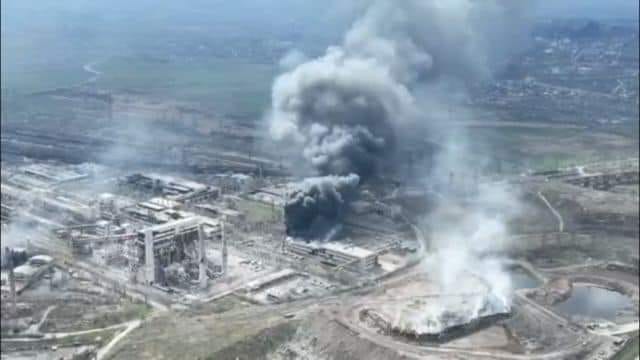
From India to Europe, this will mean the same thing: less raw materials and higher prices. This will affect both businesses and ordinary people, making houses or cars more expensive.
Moreover, metallurgists are hit by a rise in electricity and gasoline prices, spurred by war. According to Mind.ua, traders are supplementing price tags, fearing Russian further actions. For example, Moscow may partly block gas exports to avenge the Western sanctions.
The sea trade is one more victim of war
As early as April, Reuters reported a difficulty to find ships for trade with Russia. Sea carriers are likely to be deterred by high insurance for entering a "danger zone," declared by London marine insurers.
According to the UN, transportation prices are rising (once again, a side effect of the war), which could affect the cost and availability of goods imported not only from Russia but also from other maritime countries.
A new financial crisis looming
"We are on the brink of a global debt crisis,” UN analysts are warning. As of February 24, the world economy has already been weakened from the previous crises.
The COVID-19 pandemic and repeated lockdowns have halted business activity, especially in poorer countries. The Chinese economy is suffering from coronavirus right now. The inflation in the United States is pushing prices up. And the energy crisis, which started in Asia, makes everyone pay more for gas.
Russian aggression means not only deaths and devastation in Ukraine. It could have grave consequences for the whole world, especially for poor countries of Asia and Africa. There it would mean starvation and deaths from hunger.

Yuriy Prymachuk is a freelance journalist and editor from Ukraine. He received an MSc in the Institute of Journalism, Kyiv, interned in Radio Free Europe/Radio Liberty, worked as a journalist and editor in political and economic fields.
Related:
- International sanctions slam Russia’s finance, economy, culture, sports: a list
- Ukraine urgently needs Marshall plan and NATO presence on the Black Sea
- Whole world must unite against fossil fuels, dictators & wars – Ukrainian NGO
- As Russia’s war against Ukraine escalates, the threat of hunger looms over the world



